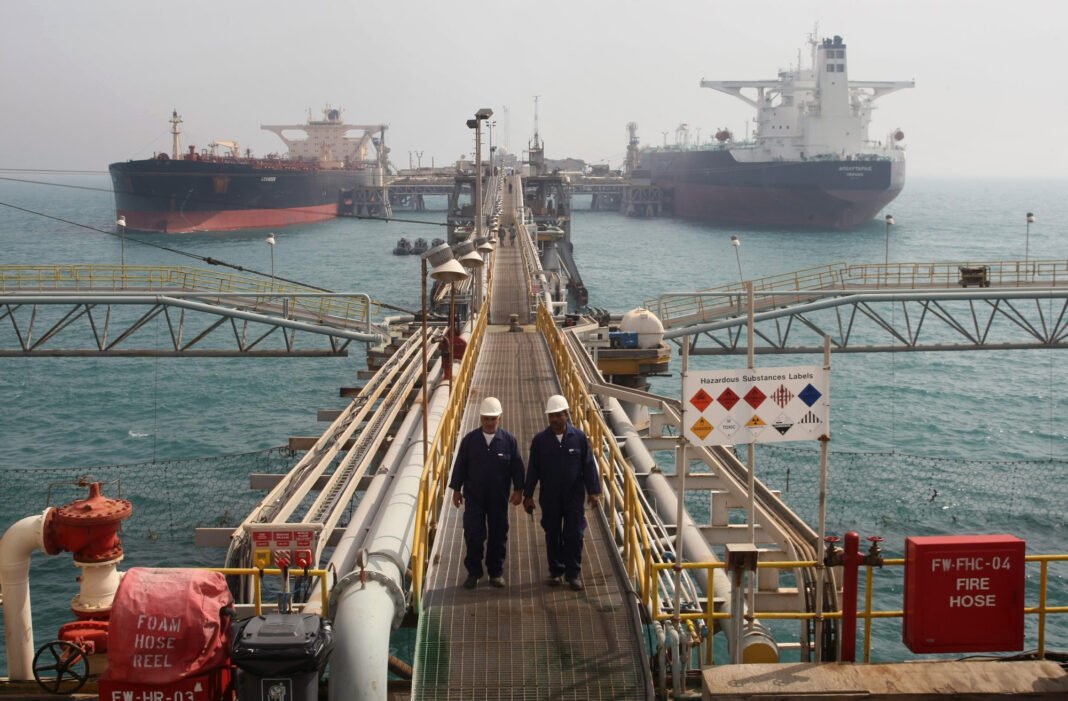Iraq oil output, dropped in May as the country scaled back crude exports to meet OPEC+ targets. The government reduced its shipping volumes to help stabilize the oil market. These actions reflect a shift toward careful resource management.
In May, Iraq exported 3.27 million barrels of oil per day by sea. This number declined slightly from 3.30 million barrels per day in April. Despite the modest dip, the move signals Iraq’s focus on aligning with global agreements.
Looking ahead, officials plan to keep exports below 3.2 million barrels per day during June. These reductions help Iraq stay within its OPEC+ production quota. This cautious approach also shows Iraq’s long-term strategy for oil sector stability.
Since April 2024, Iraq joined eight OPEC+ nations in cutting oil production. These nations aim to trim 2.2 million barrels per day in total. Iraq alone agreed to reduce its output by 411,000 barrels per day for three months.
In the first five months of 2025, Iraq oil output averaged 3.33 million barrels of crude exports per day. This compares with 3.45 million barrels per day during the same time last year. So far, Iraq continues to scale down exports gradually.
Compared to May last year, the decline is sharper. Iraq exported 3.87 million barrels per day in May 2024. That figure dropped to 3.66 million in May 2025. These numbers show how production cuts have taken effect.
Iraq’s new target output stands at around 4.12 million barrels per day. The country works to balance revenue needs with international obligations. At the same time, Iraq tries to protect its economy by avoiding oversupply.
By taking this route, Iraq supports oil market recovery and price stability. Officials stress the need for cautious production while meeting internal demands. They also believe strong coordination will benefit both Iraq and its partners.
Future oil strategy will depend on global demand, regional politics, and economic planning. Iraq must adapt to changes while ensuring national growth. New policies could shape how the country approaches future energy exports.


